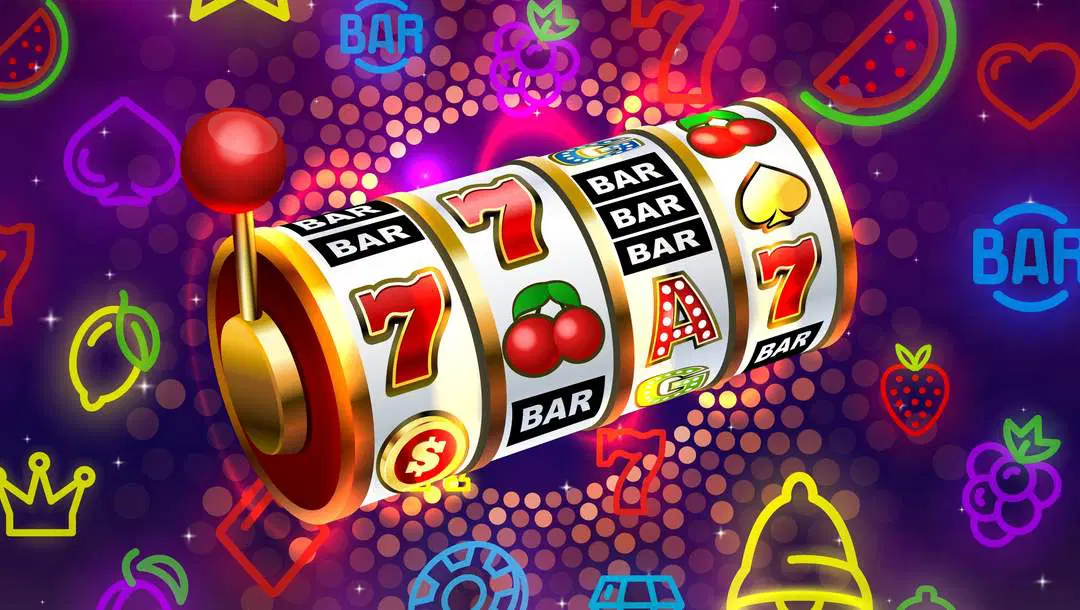The online casino industry has grown at an extraordinary pace in the past decade, with slot games at the heart of its success. Behind every flashy reel and immersive theme lies a team of developers who carefully craft each game to entertain, engage, and keep players coming back. These developers face a unique blend of creative, technical, and regulatory challenges that shape the modern online slot experience.
Creativity Meets Technology
At the core of slot development is creativity. Developers must design games that capture attention in a crowded market, balancing innovative visuals, engaging soundtracks, and themes that resonate with players. From ancient civilizations and fantasy worlds to blockbuster movies and pop culture, the thematic possibilities are nearly endless.
Yet creativity alone is not enough. Developers must also consider the technical framework that makes a game function smoothly across devices. Most players now access online slots via mobile phones, so responsive design and optimization are critical. Developers use programming languages such as JavaScript, HTML5, and Unity to ensure that games run seamlessly on both desktop and mobile platforms.
“Creating a slot is as much about technical precision as it is about imagination,” says Marina Kovalenko, a lead game designer at a leading online casino software provider. “The challenge is to make a visually stunning game that also runs perfectly on a variety of devices and platforms.”
Balancing Chance and Fairness
One of the biggest considerations for slot developers is ensuring fairness and regulatory compliance. Online slots rely on Random Number Generators (RNGs) to determine outcomes, ensuring that each spin is independent and unpredictable. Regulators in various jurisdictions rigorously test these RNGs to prevent manipulation and protect players.
Developers also need to carefully design Return to Player (RTP) rates, which indicate the percentage of wagered money a game will return to players over time. While players may be drawn to high RTP games, developers must balance these rates with the casino’s profitability.
“RNGs and RTP rates aren’t just numbers; they define the trust players place in a game,” explains Alex Martinez, a compliance officer for online gambling software, as reported by MyBettingEdge. “Developers must ensure that games are entertaining while maintaining fairness and transparency.”
Engaging Features and Player Retention
Modern slot games often include features designed to increase engagement and player retention. These can include bonus rounds, free spins, progressive jackpots, and interactive mini-games. Developers must integrate these features carefully so that they enhance gameplay without making the game overly complex.
Visual effects and sound design also play a crucial role. Animations that respond to wins, celebratory sound cues, and immersive backgrounds help create a compelling experience. Some developers even incorporate storylines that unfold over multiple sessions, turning a simple slot into a serialized gaming experience.
Navigating Regulatory Hurdles
Operating in a highly regulated industry is another key challenge for developers. Online gambling is legal in some jurisdictions and restricted or heavily regulated in others. Developers must ensure that their games meet the technical standards and licensing requirements of each region in which they are offered.
This can include age verification systems, responsible gaming features, and adherence to anti-money laundering regulations. Failure to meet these standards can result in significant fines or bans from key markets, making regulatory expertise as crucial as coding skills in slot development.
Monetization and Market Trends
Developers must also consider the economics of their creations. While online casinos pay licensing fees for games, developers often analyze trends to predict which themes or features will resonate with players. Social casino games, which allow play without real money, have influenced traditional online slots, encouraging more engaging and visually rich experiences.
Emerging technologies like blockchain and non-fungible tokens (NFTs) are also beginning to influence the sector. Some developers are experimenting with provably fair gaming systems using blockchain to enhance transparency and attract tech-savvy players.
“Staying ahead in this industry requires constant adaptation,” says Kovalenko. “Players expect innovation, and developers need to anticipate trends while ensuring reliability and compliance.”
Teamwork and Skills
A successful slot development team combines diverse skill sets. Graphic designers, animators, sound engineers, software developers, and mathematicians all play essential roles. Collaboration is key, as creative ideas must align with technical feasibility and regulatory requirements.
Project timelines can vary widely depending on the complexity of the game, ranging from a few weeks for simple slots to several months for complex, feature-rich titles. Testing is another critical phase, ensuring that the game functions correctly under different scenarios and devices before it reaches players.
The Future of Slot Development
As online gambling continues to expand, developers are exploring new ways to innovate. Virtual reality (VR) and augmented reality (AR) slots promise more immersive experiences, while AI-driven personalization could tailor games to individual player preferences. Despite the technological advancements, the core mission remains the same: create games that entertain, engage, and ensure players feel safe and treated fairly.
The world of online slot development is a delicate balancing act between art, technology, and regulation. Developers must be imaginative yet precise, innovative yet compliant. With the industry continuing to evolve, these creative professionals are set to play an increasingly important role in shaping the future of digital gaming.







